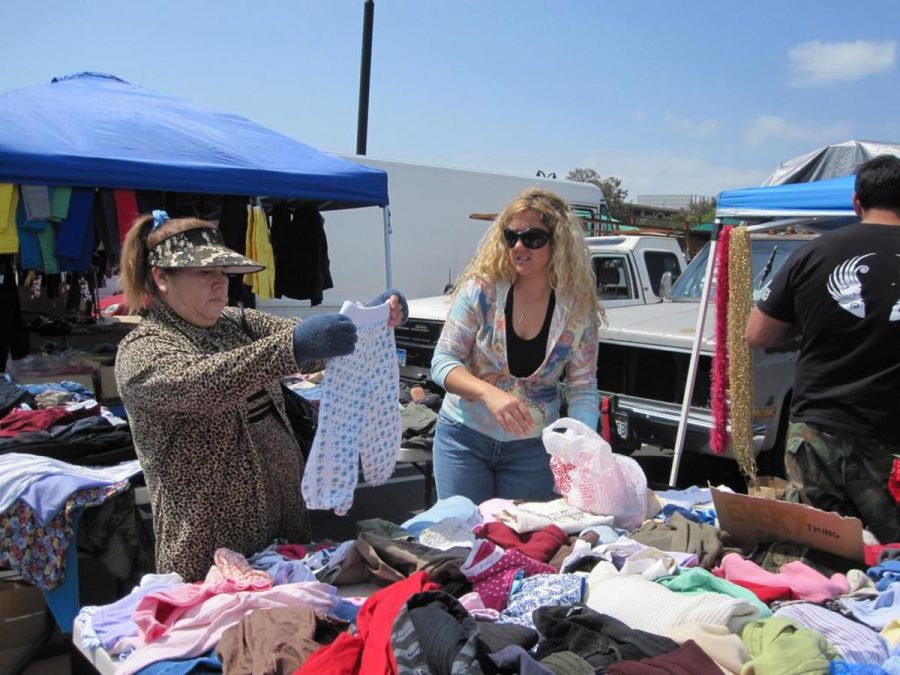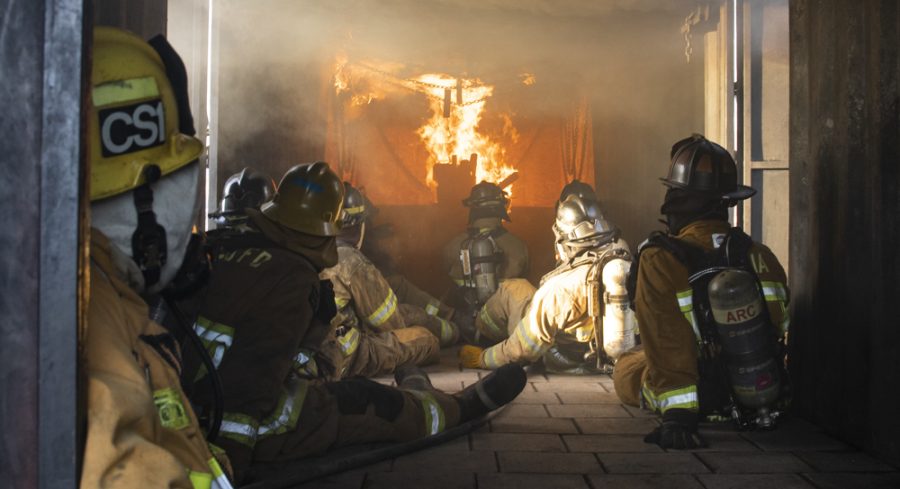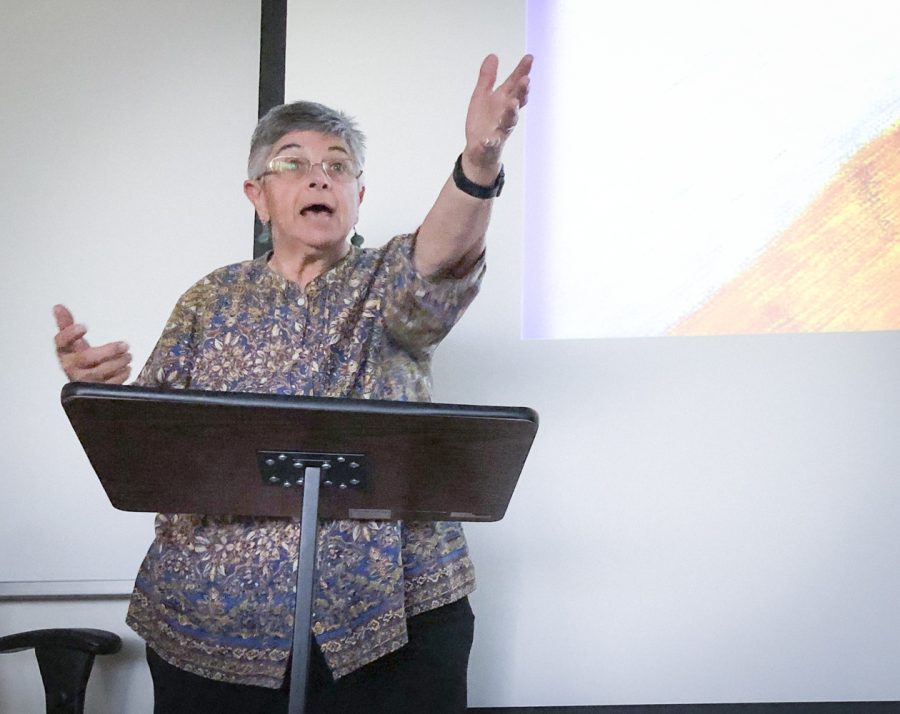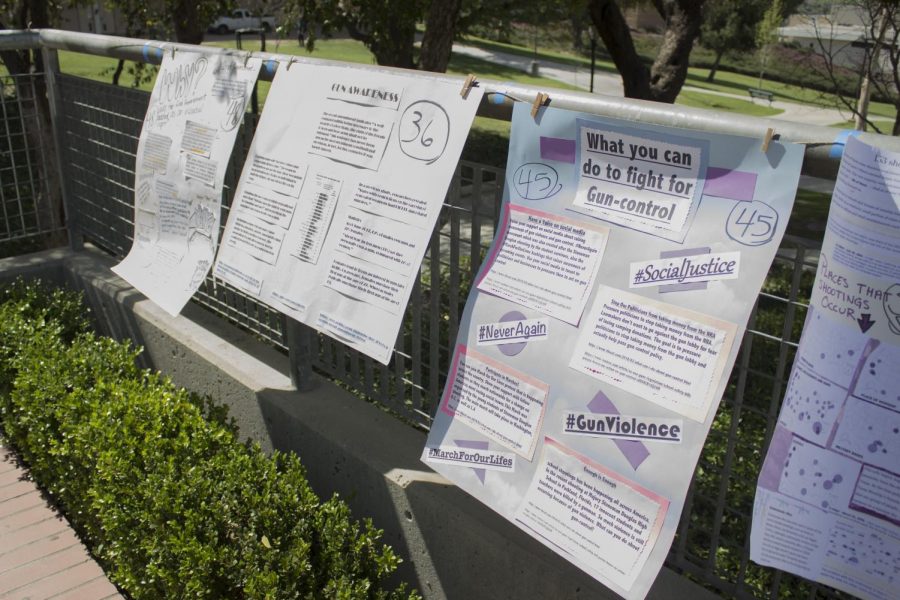The Ventura College Anthropology Club hosted a rummage sale to raise money for Haitian relief and the Gibbon Conservation Center on Saturday, April 10. The event was held in the Foundation Marketplace, located on the East Parking Lot.
Members of the Anthropology Club sold second-hand clothes at low prices. Clothing such as sweater, jackets, t-shirts were all donated this semester from members of the club and other volunteers. Other items such as bride magazines were also up for sale.
The Gibbon Conservation Center, located in Santa Clarita, Calif., is a rehabilitation center for the small apes. The club plans to visit the center in May.
Members of the Anthropology Club are excited to help out both a local and global cause.
“The students of the club are both interested in this local cause as well as the global cause of relief represent in our support of Haiti,” said Gigi Fiumerodo, advisor to the Anthropology Club.
“The anthropology club really enjoys community outreach activities,” she said. “The students care about human issues and are always working to be creative in the ways to help. “
Esteban Minero, president of the Anthropology Club, is all for helping out.
“Outreach is always a good thing,” he said.
The idea of the rummage sale was initially suggested by one of the members. After viewing a presentation on Haiti and its culture, the club decided to help out with the relief.
“One of the members suggested the idea,” Minero said. “The effects are still being [felt]. Just because it is out of the news doesn’t mean it is over.”
Last year, the club had the same rummage sale for Earth Day with successful results. The club has been able to recycle older things in order for others to be able to reuse them.
The money raised by the sale will go towards the UNICEF Haitian Earthquake Relief Fund in an effort to help out with medical supplies. UNICEF and other organizations have already raised millions of dollars but Haiti is still in shambles. The club is hopeful their small part will help out with what it can.
The organizations chosen for the donations are significant to the club’s members.
“[These] organizations represent global and local issues important to anthropological studies and to the students,” said Minero, who is open to the possibility of his club helping other causes.
According to Minero, the need for charities will always be there.
“It’s always possible,” he said. “Charity should never stop, it shouldn’t be something that has a definitive period. It doesn’t have to have an end.”






